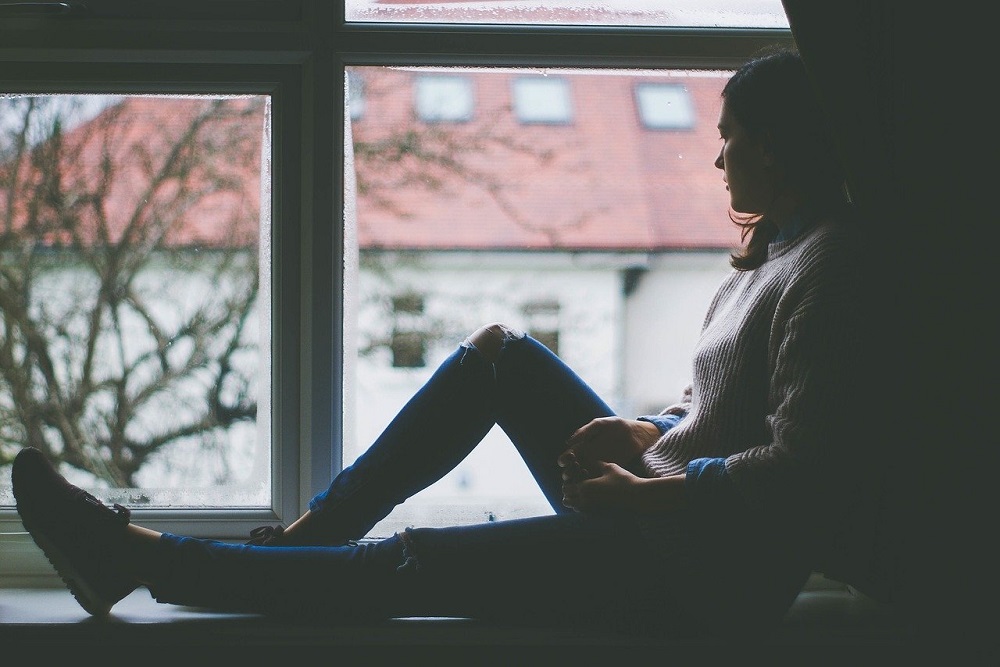New report confirms high levels of cooperation with self-isolation measures in Wales

A new report from Public Health Wales has found almost 80% of people asked to self-isolate, strictly followed instructions and people who planned ahead for a potential period of self-isolation felt less challenged by the prospect and more likely to succeed.
People are asked to self-isolate for 10 days if they have been identified as a close contact of someone that has tested positive for coronavirus by the NHS Wales Track, Trace, Protect team to help break any chains of Covid transmission.
The report combines data from two studies on the experiences of people in Wales who have had to self-isolate due to Covid-19.
Both studies showed that understanding and adherence to self-isolation measures was high, with more than 90 per cent of contacts who responded reporting they were confident they understood what was required of them during their self-isolation period and 78 per cent saying they did not leave home during self-isolation.
The research also confirmed that those who planned ahead in the event the were required to self-isolate and had people to support them were less likely to say that self-isolation will be a challenge.
Overall, 68.5% of people contacted for the studies said had pre-planned for a potential period of self-isolation.
Almost 1 in 5 people said they feared felt self-isolation would be a challenge (18.5 per cent) and the most commonly reported challenges contacts entering a period of self-isolation were concerned about were: the impact on mental health (11.7 per cent), the impact on their work or business (9.5 per cent), experiencing financial problems (9.3 per cent), or providing care for someone (looking after children (11.2 per cent), or other vulnerable people (8.2 per cent).
Contacts living alone and those who think Coronavirus poses a greater risk to them are more likely to say that self-isolation will be a challenge.
Vital information
“Up until now, evidence on self-isolation in contacts in Wales has been limited, so this insight provides vital information to help inform messaging and support for people in Wales to adhere to self-isolation,” Dr Richard Kyle, Deputy Head of Research and Evaluation, Public Health Wales, said.
“The high levels of reported confidence and adherence amongst those who responded is welcome news. Our studies found that planning and having support for self-isolation was key so we are encouraging everyone to take time to identify people who can help them to self-isolate and find out what services are available locally to help.”
“There were noticeable differences in the reported challenges experienced by different groups. Amongst women and those of younger age (18-29 years) the impact on mental health was of greatest concern. Amongst men and those aged 40-49 years it was the impact on work and business. Whereas amongst older age groups the greatest concern was their underlying health.”
Meanwhile, today’s update from PHW has confirmed a further eight people have died with coronavirus and 189 people tested positive for the virus.
Due to the Easter break, today’s figures combine reports from Friday and Saturday.
Five of the newly recorded deaths were in the Aneurin Bevan health board area, and Cardiff and Vale, Cwm Taf and Powys each reported one further death.
Gwynedd has the highest weekly case rate in Wales at 55.4 per 100,000 people and also the highest test proportion with 4.9% of 100,000 tests returning a positive result.
The national case rate has fallen from 31. 3 to 28.1 since Saturday’s report, while the positive tests proportion has gone up from 2.4% to 2.5%.
In total, 1,490,372 people in Wales have now received a first dose of the vaccine, and 467,683 have had both doses.
Support our Nation today
For the price of a cup of coffee a month you can help us create an independent, not-for-profit, national news service for the people of Wales, by the people of Wales.





